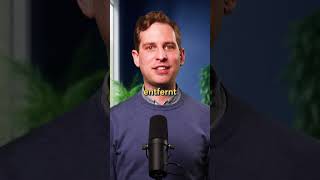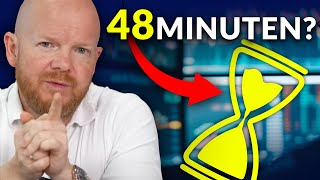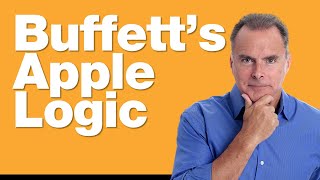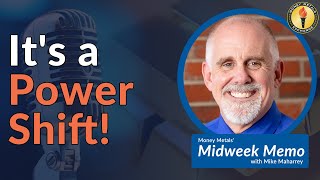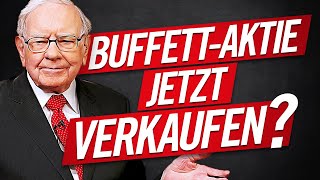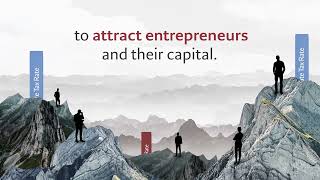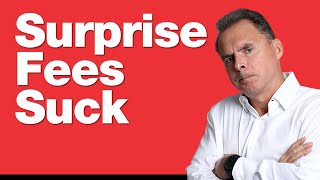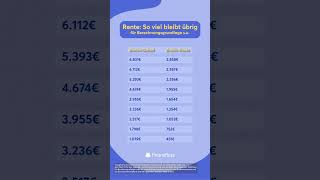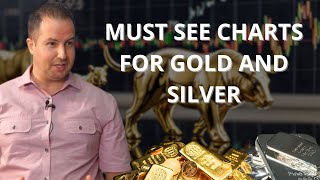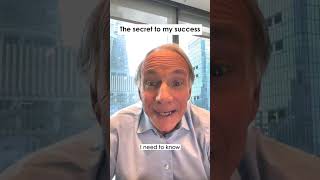| [Join YAPSS Membership, For Early Access to New Videos] https://www.youtube.com/channel/UCpzAAXa2cvyEnfc7rurcCcQ/join In this episode, Warren Buffett was asked about the definition of growth stock and value stock. In this episode, you’ll learn: #WarrenBuffett #CharlieMunger #BerkshireHathaway [Transcript] AUDIENCE MEMBER 00:08 My name is Steve Yates (PH), I’m from Chicago. I’m a Berkshire shareholder and this is my sixth year coming to this meeting. I’d like to thank you for all your time and advice through the years. It’s been great. I’d also like to thank all those wonderful people who sold Berkshire this year for giving us an opportunity to purchase more of the world’s greatest company for dirt-cheap prices. (Applause) WARREN BUFFETT 00:34 AUDIENCE MEMBER 00:37 The company has a 60 percent five-year annualized growth rate and sells at four times earnings. I have two related questions. First, is this is a growth stock or a value stock, and could you please give us your definitions of these terms? Second, the company sells recreational vehicles. Demographic trends in the recreation and leisure areas, RVs, cruise lines, golf equipment, et cetera, seem to be quite good. Do you see any opportunities for Berkshire here? Thanks. WARREN BUFFETT 01:22 If you knew what it was going to be able to disgorge in cash between now and Judgment Day, you could come to a precise figure as to what it is worth today. Now, elements of that can be the ability to use additional capital at good rates, and most growth companies that are characterized as growth companies have that as a characteristic. But there is no distinction in our minds between growth and value. Every business we look at as being a value proposition. The potential for growth and the likelihood of good economics being attached to that growth are part of the equation in evaluation. But they’re all value decisions. A company that pays no dividends growing a hundred percent a year, you know, is losing money. Now, that’s a value decision. You have to decide how much value you’re going to get. Actually, it’s very simple. The first investment primer, when would you guess it was written? The first investment primer that I know of, and it was pretty good advice, was delivered in about 600 B.C. by Aesop. And Aesop, you’ll remember, said, “A bird in the hand is worth two in the bush.” Now incidentally, Aesop did not know it was 600 BC. He was smart, but he wasn’t that smart. (Laughter) Now, Aesop was onto something, but he didn’t finish it, because there’s a couple of other questions that go along with that. But it is an investment equation, a bird in the hand is worth two in the bush. He forgot to say exactly when you were going to get the two in the — from the bush — and he forgot to say what interest rates were that you had to measure this against. But if he’d given those two factors, he would have defined investment for the next 2,600 years. Because a bird in the hand is — you know, you will trade a bird in the hand, which is investing. You lay out cash today. And then the question is, as an investment decision, you have to evaluate how many birds are in the bush. You may think there are two birds in the bush, or three birds in the bush, and you have to decide when they’re going to come out, and when you’re going to acquire them. Now, if interest rates are five percent, and you’re going to get two birds from the bush in five years, we’ll say, versus one now, two birds in the bush are much better than a bird in the hand now. [DUE TO LIMITED WORDINGS, FOR FULL TRANSCRIPT PLEASE VISIT YAPSS.com] CHARLIE MUNGER 07:23 WARREN BUFFETT 07:27 AUDIENCE MEMBER 07:38 WARREN BUFFETT 07:39 AUDIENCE MEMBER 07:45 WARREN BUFFETT 07:53 CHARLIE MUNGER 08:15 WARREN BUFFETT 09:21 |
Tags:





















